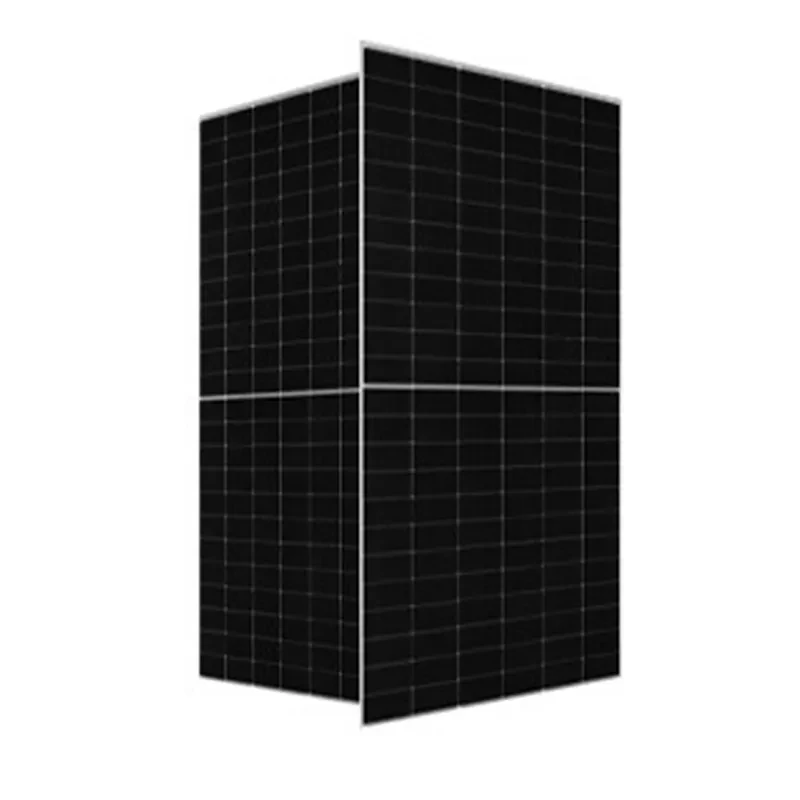Impact of Cloudy Weather on Solar Panel Performance and Energy Efficiency
Solar Panel Efficiency on a Cloudy Day
Solar energy is often touted as a clean and renewable alternative to fossil fuels, but many potential users express concern about the efficiency of solar panels under varying weather conditions, particularly on cloudy days. It’s a common misconception that solar panels are ineffective when the skies are overcast. However, understanding the dynamics of solar panel efficiency in these conditions can help homeowners and businesses make informed decisions about adopting solar technology.
Solar panels operate by converting sunlight into electricity using photovoltaic (PV) cells. The efficiency of these cells is affected not only by the intensity of sunlight but also by a variety of other factors including the angle of the sun, the temperature, and atmospheric conditions. On cloudy days, the intensity of sunlight reaching the Earth's surface is indeed reduced; however, solar panels are still capable of generating electricity, albeit at a reduced efficiency.
Understanding Solar Radiation
Even on cloudy days, approximately 10-30% of solar radiation can penetrate the clouds. This diffuse sunlight, while less intense than direct sunlight, is still useful for solar energy generation. The PV cells in solar panels can utilize both direct and diffuse solar light. In fact, many high-quality solar panels are designed to capture and convert diffuse sunlight efficiently. This means that even when the sun is obscured by clouds, solar panels can maintain a reasonable level of performance.
Reports and Studies
Numerous studies have examined the performance of solar panels in less-than-ideal weather conditions. Research indicates that solar panels can produce between 30-50% of their rated output on cloudy days. In some cases, systems equipped with advanced technologies, such as maximum power point tracking (MPPT), can optimize energy capture even in variable light conditions, further enhancing their efficiency.
Moreover, the type of solar panel installed can make a significant difference. Monocrystalline panels, for instance, typically outperform polycrystalline panels in low-light conditions. This higher efficiency rating means monocrystalline panels can better capture and convert the available light energy on cloudy days, making them a popular choice for regions with frequent overcast skies.
solar panel efficiency on a cloudy day

System Design and Placement
The design and placement of a solar power system also play critical roles in its overall efficiency. An ideal installation considers factors such as orientation, tilt, and shading. Solar panels facing true south (in the Northern Hemisphere) and installed at an angle optimized for local latitude can capture more sunlight, even on cloudy days. Additionally, systems that are properly spaced to avoid shading from nearby trees and buildings can enhance performance during all weather conditions.
Battery Storage and Energy Management
One of the key advantages of solar energy systems is their ability to be paired with battery storage solutions. This technology allows homeowners and businesses to store excess energy generated during sunny periods for use during cloudy days or at night. As battery technology continues to improve, the reliance on direct sunlight diminishes, providing a more stable and consistent energy supply even in overcast conditions.
Conclusion
In summary, while solar panel efficiency does decrease on cloudy days, they still produce a significant amount of energy, demonstrating their viability as a renewable energy source. With advancements in solar technology, better system designs, and the integration of energy storage solutions, users can feel confident in their investment in solar power, regardless of the weather. The transition to solar energy not only supports individual energy independence but also contributes to a more sustainable future, making it a worthwhile endeavor for those considering renewable energy solutions.
Adopting solar energy is more than just about the returns on sunny days; it’s about embracing a reliable energy source that will continue to deliver value even when the clouds roll in.
-
Understanding the Advantages of Solar String Inverters for Your Energy SystemNewsApr.29,2025
-
Choosing the Right PV Inverter: A Comprehensive GuideNewsApr.29,2025
-
The Future of Solar Power: Exploring Bifacial Solar PanelsNewsApr.29,2025
-
The Complete Guide to Solar Panels: Efficiency, Cost, And InstallationNewsApr.29,2025
-
The Best Options for Efficiency and Cost-EffectivenessNewsApr.29,2025
-
Harnessing the Power of Off-Grid Solar Inverters for Energy IndependenceNewsApr.29,2025







